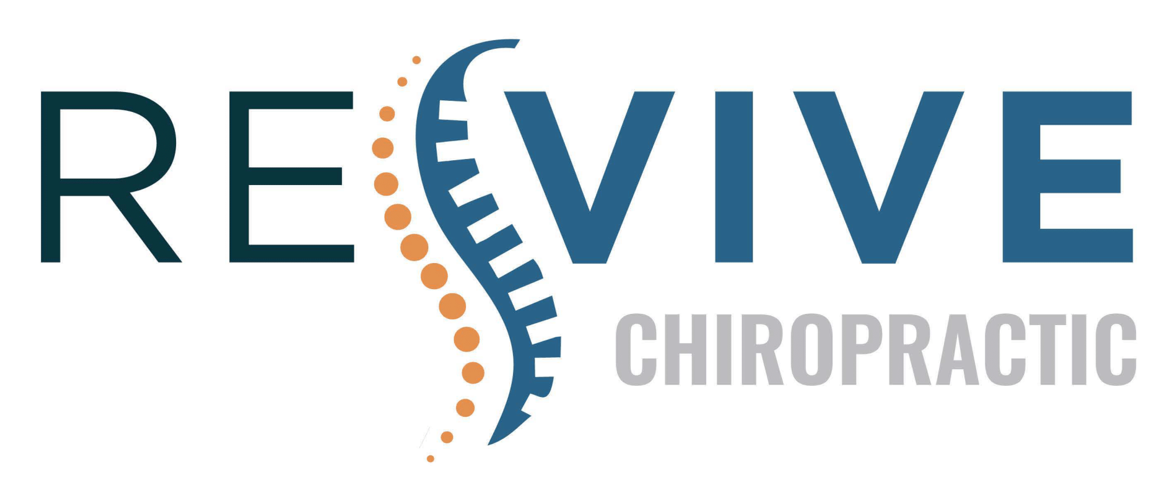When you're grappling with a headache, you might want to explore gentle remedies that can offer relief without resorting to medication. Essential oils like lavender and peppermint can work wonders when applied thoughtfully, while soothing herbal teas such as chamomile and ginger provide both comfort and anti-inflammatory properties. Incorporating relaxation techniques, like deep breathing or gentle yoga, can also help alleviate tension. However, understanding how diet and lifestyle choices influence headache frequency is equally important. Curious about which specific methods might work best for you?
Essential Oils for Relief
Essential oils are often a go-to remedy for headache relief, and they can be surprisingly effective. You might find that certain scents can ease your discomfort and help you feel more relaxed. A few popular essential oils for headaches include lavender, peppermint, and eucalyptus.
To use these oils, you can apply a few drops to your temples, neck, or wrists. For instance, lavender oil is known for its calming properties. When you inhale its soothing scent, you may notice a reduction in stress and tension, which can greatly alleviate headache symptoms.
Peppermint oil, on the other hand, contains menthol, which can create a cooling sensation and stimulate blood flow, making it particularly helpful for tension headaches. Simply dab a small amount on your temples and massage it in gently.
You could also try eucalyptus oil, especially if your headache is related to sinus pressure. Its anti-inflammatory properties can help clear out nasal passages, providing relief from sinus headaches.
Another effective method is to diffuse essential oils in your living space. This allows you to enjoy the benefits of the oils while relaxing in a comfortable environment. Just a few drops in a diffuser can fill the room with a calming aroma, promoting an overall sense of well-being.
With a little experimentation, you may discover which essential oils work best for you, helping you find the natural relief you seek during those pesky headache days.
Herbal Teas and Infusions
Sip on a warm cup of herbal tea to soothe your headache and promote relaxation. Herbal teas offer a gentle, natural way to alleviate discomfort while nurturing your body. Choose teas with anti-inflammatory and calming properties to help ease the tension that often accompanies headaches.
Chamomile tea is a popular choice. Its mild sedative effects can help you unwind, making it easier to cope with headache pain. Simply steep a chamomile tea bag or dried flowers in hot water for about five minutes, and enjoy the soothing aroma and flavor.
Peppermint tea is another excellent option. The menthol in peppermint can relax your muscles and improve blood flow, which may ease headache symptoms. Brew a cup of peppermint tea or chew on fresh peppermint leaves for a revitalizing boost.
Ginger tea also works wonders, especially if your headache is accompanied by nausea. Ginger has anti-inflammatory properties and can help settle your stomach. To make ginger tea, slice fresh ginger root and steep it in hot water for 10 minutes. Adding a bit of honey can enhance the flavor and provide additional soothing benefits.
Finally, consider trying lemon balm tea. This herb is known for its calming effects, which can help reduce stress-related headaches. Steep lemon balm leaves in hot water for a fragrant, relaxing beverage.
Relaxation Techniques
Finding ways to relax can greatly reduce headache intensity and frequency. Incorporating relaxation techniques into your daily routine can provide significant relief.
Start by practicing deep breathing exercises. Find a quiet space, sit comfortably, and take slow, deep breaths. Inhale through your nose for a count of four, hold for four, and exhale through your mouth for four. Repeat this process for several minutes, allowing your mind and body to unwind.
Progressive muscle relaxation is another effective technique. Begin at your toes and work your way up through your body, tensing and then relaxing each muscle group. Focus on the sensations of tension and relaxation, which can help release built-up stress that may contribute to your headaches.
Meditation is a powerful tool for calming the mind. You don't need to meditate for long periods; even five to ten minutes can make a difference. Close your eyes, focus on your breath or a calming image, and let go of racing thoughts.
Gentle yoga or stretching can also relieve tension. Simple poses, like child's pose or cat-cow, can help alleviate tightness in your neck and shoulders.
Lastly, consider incorporating mindfulness practices into your day. Being present in the moment can help you manage stress and reduce the likelihood of headaches.
Dietary Considerations
Your diet plays a significant role in headache management, often influencing both the frequency and intensity of your discomfort. Certain foods can trigger headaches, while others can help alleviate them. It's essential to pay attention to what you eat and how it affects your body.
First, you might want to identify and avoid common headache triggers. These can include aged cheeses, processed meats, alcohol, caffeine, and foods containing MSG or artificial sweeteners. Keeping a food diary can help you pinpoint patterns and identify which specific items lead to your headaches.
Incorporating a balanced diet rich in whole foods can make a positive difference. Focus on fruits, vegetables, whole grains, lean proteins, and healthy fats. Foods high in magnesium, such as spinach, nuts, and seeds, can help reduce headache frequency. Omega-3 fatty acids found in fish like salmon can also be beneficial, as they've anti-inflammatory properties.
Staying hydrated is equally important. Dehydration can lead to headaches, so aim for adequate water intake throughout the day. If you struggle with plain water, consider herbal teas or infuse your water with fruits for a revitalizing change.
Lastly, don't skip meals. Low blood sugar can trigger headaches, so try to eat regular, balanced meals and snacks. By paying attention to your dietary habits, you can better manage your headaches and improve your overall well-being.
Lifestyle Modifications
Making simple lifestyle modifications can markedly reduce the frequency and severity of headaches. One of the most effective changes you can make is to establish a consistent sleep schedule. Aim for seven to nine hours of quality sleep each night, and try to go to bed and wake up at the same time daily. This routine helps regulate your body's internal clock and can minimize headache occurrences.
Staying hydrated is another vital factor. Dehydration is a common headache trigger, so make certain you're drinking enough water throughout the day. Carry a reusable water bottle with you as a reminder to sip regularly.
Incorporating regular physical activity into your routine can also help. Aim for at least 30 minutes of moderate exercise most days. Activities like walking, biking, or yoga can reduce stress and tension, which are often linked to headaches.
Managing stress through mindfulness practices, such as meditation or deep-breathing exercises, can be beneficial as well. Find a few minutes each day to focus on your breath, and you'll likely notice a reduction in tension headaches.
Lastly, pay attention to your posture, especially if you spend long hours at a desk. Make certain your workspace is ergonomically friendly, and take breaks to stretch and move around.
Conclusion
Incorporating gentle remedies into your routine can make a real difference in managing headaches. By using essential oils, sipping herbal teas, and practicing relaxation techniques, you can find relief and promote overall well-being. Don't forget to pay attention to your diet and make lifestyle modifications, like staying hydrated and getting enough sleep. With these simple yet effective strategies, you're well on your way to reducing headache discomfort and enhancing your quality of life.



